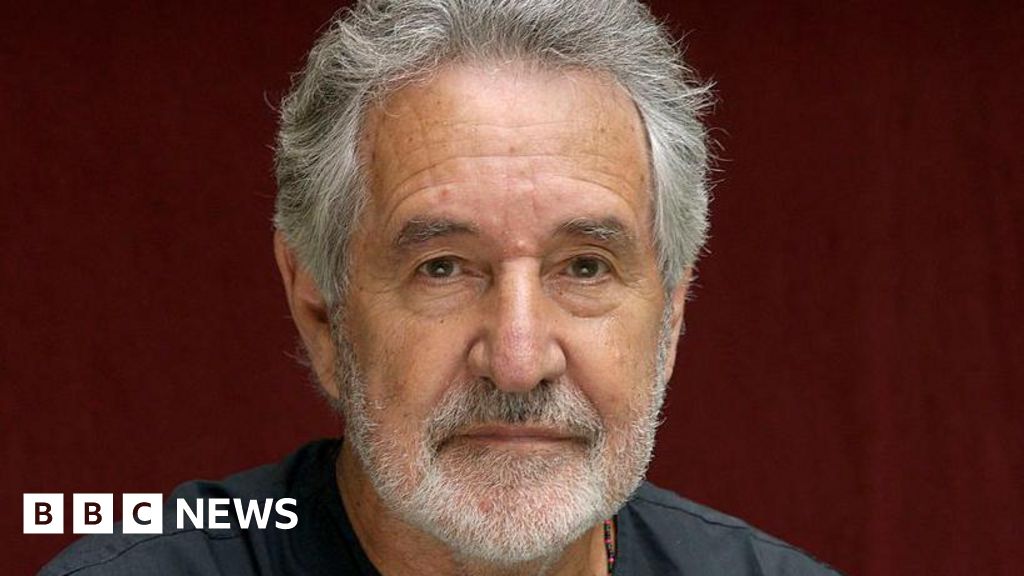There are indications that Nigeria may import more heavy crude oil from U.S. and other places as the Nigerian Upstream Petroleum Regulatory Commission (NUPRC) said only five per cent of Nigeria’s heavy crude is developed.
Data from the NUPRC reveals that as of January 1, 2024, Nigeria’s heavy crude oil reserves are estimated to be approximately 1.67 billion barrels. Of this volume, 62 per cent is classified as proven reserves, while the remaining 38 per cent is unproven.
While Dangote Refinery is currently importing heavy crude from U.S., Nigeria’s Kaduna Refinery currently being rehabilitated by the government relies solely on heavy crude.
Speaking in Abuja yesterday, Chief Executive of NUPRC, Gbenga Komolafe, said the Nigerian Petroleum Exploration Limited (NEPL) controls a dominant share, with 71 per cent of the reserves located in acreages operated by the company. International Oil Companies (IOCs) own 12 per cent of the reserves, while the remaining 17 per cent are distributed among other operating companies.
In terms of terrain, a vast majority of the reserves, about 78 per cent are situated onshore. A smaller fraction, three per cent is found in swamp areas, and 19 per is located offshore.
Komolafe said despite the substantial volume of heavy crude oil reserves, only about five per cent of the reserves have been developed, indicating a significant potential for future development and investment in Nigeria’s oil sector, which could play a crucial role in boosting the country’s economy and energy production capabilities.
Komolafe, who spoke at an industry-wide workshop tasked upstream industry players to leverage technology and build capacity.
He said the upstream sector currently faces numerous challenges that call for a paradigm shift from the traditional approach.
According to him, collaboration is the key to unlocking the full potential of every oil field.
Komolafe asked industry players to leverage technology and improve and build capacity to effectively handle the complexities of heavy crude development.
“The upstream sector, the bedrock of our oil and gas industry, faces numerous challenges, including aging infrastructure, declining production, and the ever-present need to adapt to evolving global energy demands.
“These challenges demand a paradigm shift, a move away from traditional, siloed approaches toward a collaborative model that leverages the strengths of all stakeholders. Despite these challenges, with the right strategies, we can effectively develop Nigeria’s heavy crude resources by investing in research and development to develop and adopt innovative extraction and processing technologies that focus on reducing the environmental impact and improving the efficiency of heavy crude production,” he said.

 4 months ago
9
4 months ago
9















 English (US) ·
English (US) ·